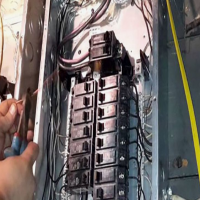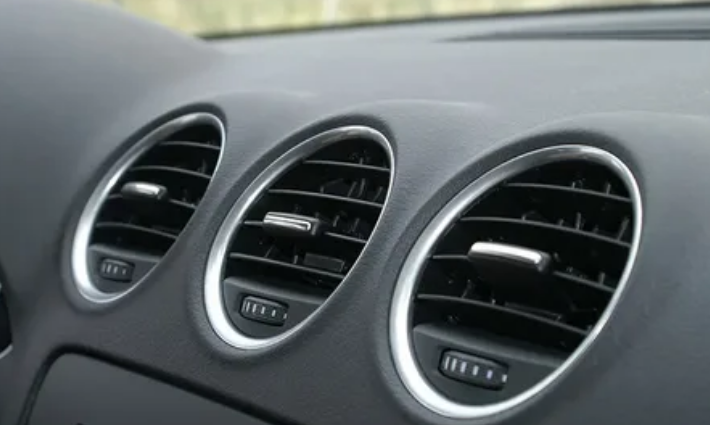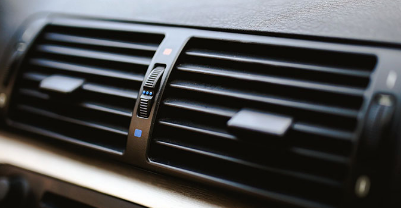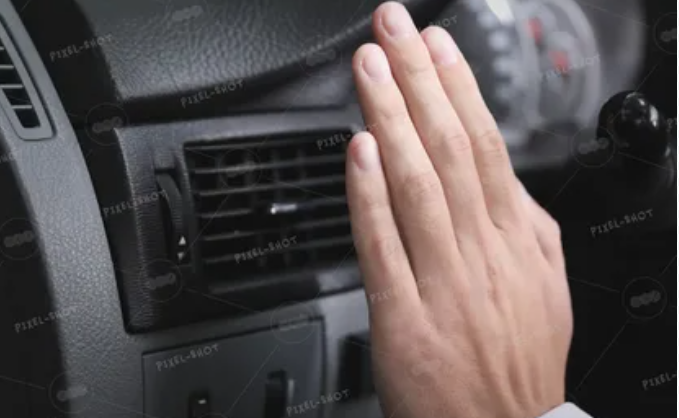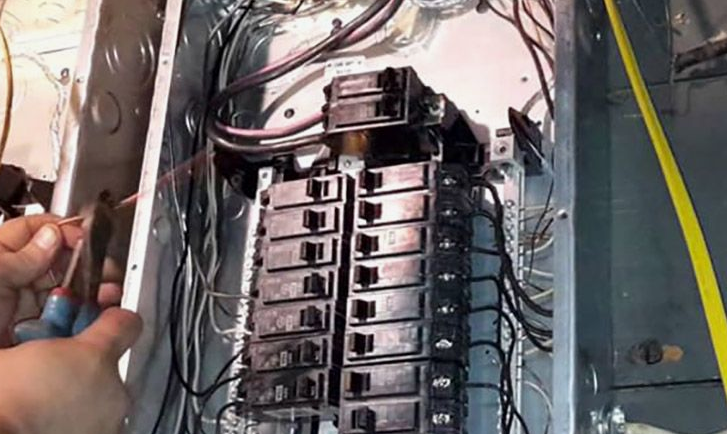How ABS Affects Stopping Distance on Wet Roads – Tested by localibs
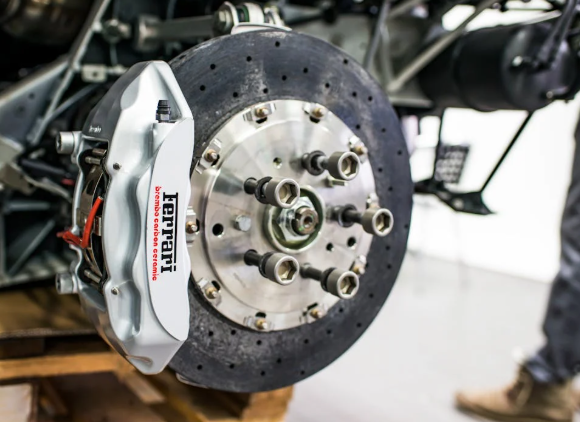
Strong 8k brings an ultra-HD IPTV experience to your living room and your pocket.
When you're driving on a rainy day and need to stop suddenly, your vehicle’s ability to brake effectively can mean the difference between a close call and a serious accident. That’s where Anti-Lock Brakes (ABS) come into play. At localibs, we've tested how ABS functions specifically on wet roads, and the results might surprise you.
Whether you're a seasoned driver or new behind the wheel, understanding how ABS impacts your vehicle’s stopping distance on slippery surfaces is crucial for road safety. Let’s dive into what we discovered.
🚘 What Are Anti-Lock Brakes?
Before we explore their impact, let’s briefly understand what Anti-Lock Brakes actually do.
ABS is a safety system in modern vehicles designed to prevent the wheels from locking up during hard braking, especially on slick surfaces like rain-soaked asphalt or icy roads. When you brake suddenly, ABS kicks in by rapidly pulsing the brakes. This allows the wheels to maintain traction with the road surface, preventing uncontrolled skidding.
Unlike traditional brakes that may lock up the tires under pressure, ABS ensures you can still steer the vehicle while slowing down.
🧪 The localibs ABS Test: Conditions & Setup
To evaluate how ABS affects stopping distance on wet roads, our team at localibs conducted a controlled experiment using two vehicles:
Vehicle A: Equipped with ABS
Vehicle B: Same model, but ABS disabled
🌧️ Test Conditions:
Wet asphalt surface (simulated rain conditions using water spray)
Temperature: 22°C (72°F)
Speed: Emergency braking initiated at 40 mph (64 km/h)
Distance measured from braking point to full stop
📊 ABS Stopping Distance Results
Here’s what we found:
Vehicle ABS Status Avg. Stopping Distance (wet)
A ON 57 feet
B OFF 74 feet
That’s a 17-foot difference – more than a full car length! On a busy road or in heavy traffic, that space could prevent a collision.
🤔 Why ABS Performs Better on Wet Roads
There are several reasons why ABS reduces stopping distance and improves vehicle control on wet roads:
1. Wheel Traction Is Maintained
Without ABS, tires may lock up, especially on wet surfaces. This results in skidding, which increases stopping distance. ABS allows tires to grip the road intermittently and avoids this lock-up.
2. Braking Force is Optimized
ABS automatically adjusts the brake pressure for each wheel based on road conditions. It fine-tunes braking force within milliseconds, a task human drivers can’t match manually.
3. Steering Control During Braking
In non-ABS vehicles, once wheels lock up, steering is lost. With ABS, you can continue steering while braking — an essential safety feature during sudden stops in wet weather.
🛞 ABS Limitations: Not a Magic Shield
While Anti-Lock Brakes significantly improve stopping distances on wet roads, it's important to remember:
ABS does not make your car stop instantly. It reduces skidding, not physics.
On very loose gravel or deep snow, ABS may actually increase stopping distance slightly.
Proper tire quality, tread depth, and driving behavior still play a major role in overall braking performance.
As our localibs technicians always emphasize, ABS helps you maintain control, but you still need to drive cautiously in poor weather.
✅ Tips to Maximize ABS Performance
Whether you’re a daily commuter or a weekend driver, here are a few localibs-recommended tips to ensure your ABS works optimally on wet roads:
✔️ 1. Keep Your Tires in Top Shape
Even the best ABS system won’t perform well on bald tires. Check tread regularly and rotate your tires as recommended.
✔️ 2. Don’t “Pump” ABS Brakes
Old habits die hard. When using ABS, do not pump the brakes. Instead, apply firm, steady pressure and let the system do its job.
✔️ 3. Understand the Vibration
When ABS activates, you'll feel a vibrating or pulsing sensation in the brake pedal. This is normal — it means the system is working!
✔️ 4. Get Regular ABS Maintenance
At localibs, we recommend an ABS checkup during every major service. A faulty ABS sensor or brake module could compromise your entire system.
🔧 localibs Pro Insight: Real Drivers, Real Roads
We also asked some customers and local drivers how they feel about ABS in real-world wet conditions. Most of them agreed that ABS:
- Gives more confidence when braking suddenly
- Feels more controlled compared to older vehicles
- Prevents hydroplaning panic reactions
One localibs customer even shared how ABS helped avoid an accident during a thunderstorm when another car braked unexpectedly in front of them.
Conclusion
From our localibs testing and real-life experiences, one thing is clear: Anti-Lock Brakes are a game-changer, especially when stopping on wet roads. They not only reduce stopping distances but also provide control and peace of mind — two things every driver needs when the weather turns bad.
Note: IndiBlogHub features both user-submitted and editorial content. We do not verify third-party contributions. Read our Disclaimer and Privacy Policyfor details.

